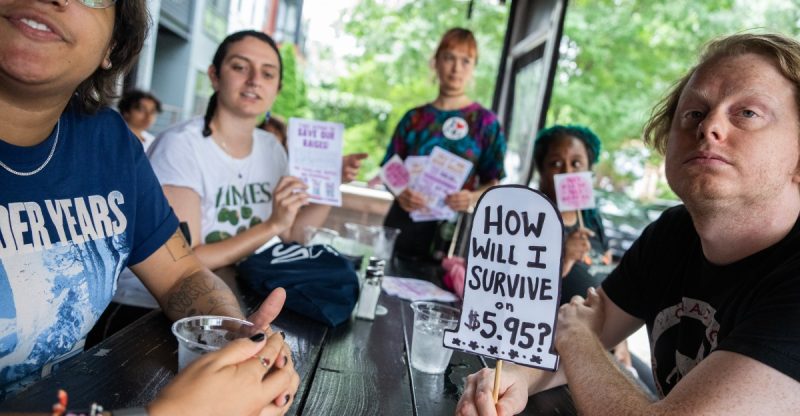
We’ve all been there. That awkward moment at the end of a meal, a service encounter, or even a ride-share, when the question of a tip hangs in the air. But have you ever stopped to consider *why* we tip? It’s not simply about rewarding good service, although that’s certainly a factor. The truth is, the practice of tipping is far more complex than it initially appears, interwoven with economic structures, social expectations, and even a touch of guilt.
The most common explanation for tipping centers around incentivizing good service. The idea is that by rewarding employees who provide excellent service, we encourage better performance across the board. This is especially prevalent in industries where wages are low, such as restaurants and the service sector. However, this explanation alone doesn’t fully capture the nuances of the tipping culture.
Consider the power dynamics at play. Tipping often places the onus of fair compensation onto the customer, rather than the employer. This can lead to uneven distribution of income, with some workers earning significantly more through tips than their base pay, while others struggle to make ends meet. It also creates a system where the customer essentially becomes a quasi-employer, determining a worker’s income based on subjective experiences.
Furthermore, the social pressure surrounding tipping is undeniable. Leaving a generous tip can be seen as a demonstration of social grace and generosity, while a stingy tip can be met with disapproval, even resentment. This social expectation can overshadow the actual quality of service received, leading to tips that are less about performance and more about conforming to societal norms.
Ultimately, the practice of tipping is a multifaceted issue with no easy answers. While it can incentivize good service and provide a supplemental income stream for workers, it also creates an uneven and often unfair system. A deeper understanding of the cultural, economic, and social forces at play is crucial to having a productive conversation about the future of tipping and fair compensation in various industries.










